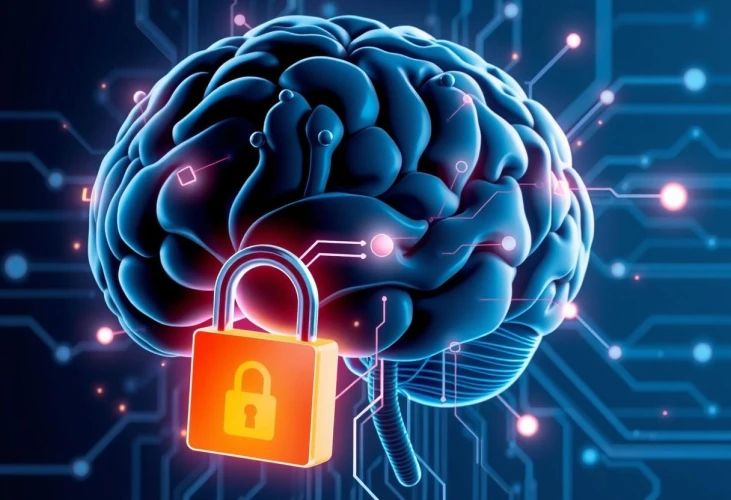ChatGPT’s Enhanced Memory: A Leap Forward in Personalization with Privacy Concerns
OpenAI’s ChatGPT is introducing a significant upgrade to its memory feature, enabling it to draw from past conversations for more personalized responses, raising both excitement and privacy concerns.

Big news from OpenAI: ChatGPT’s getting a memory boost, and it’s a game-changer. Gone are the days of manually telling it what to remember (though you still can if you want). Now, it’ll smartly pull from all your past chats to make future ones smoother. Think of it as the AI finally remembering your coffee order without you having to shout it every time. This ‘long-term memory’ feature? It’s all about cutting down on the ‘I already told you this’ moments.
But, and there’s always a but, this isn’t all sunshine and rainbows. With great memory comes great responsibility—privacy, security, and the weirdness of maybe getting too attached to a bot. Rohan Sarin from Speechmatics gets it; personalization is cool until the AI brings up that one embarrassing thing from three months ago. Humans forget; AI, not so much.
Julian Wiffen of Matillion hits on another headache: work stuff. Imagine ChatGPT accidentally spilling the beans on sensitive info because it ‘remembered’ it. Yikes. OpenAI’s thrown in some safety nets—delete memories or go incognito with ‘Temporary Chat’—but let’s be real, it’s like giving someone a lockbox but not the key to see inside.
And here’s the kicker: not everyone’s getting this feature yet. The UK, EU, and a few others are sitting this one out, thanks to red tape. It’s a tricky dance between making AI smarter and not stepping on privacy landmines. As ChatGPT becomes more like that friend who remembers everything (for better or worse), the debate over how much it should know is heating up.
